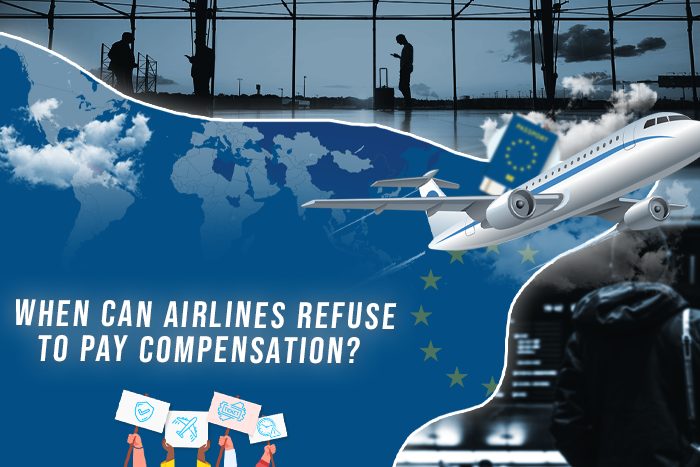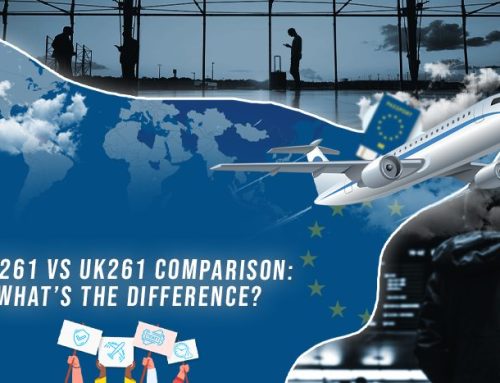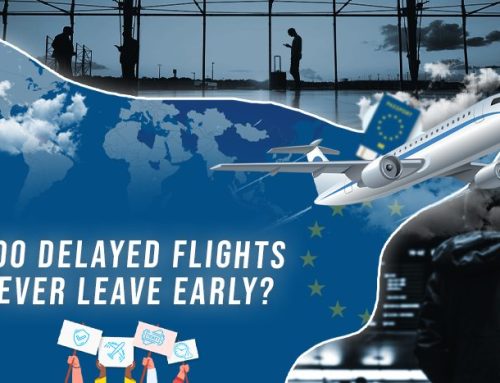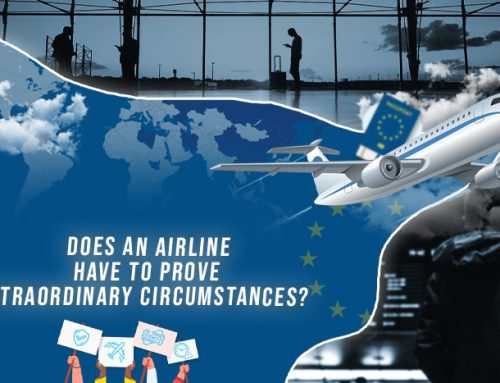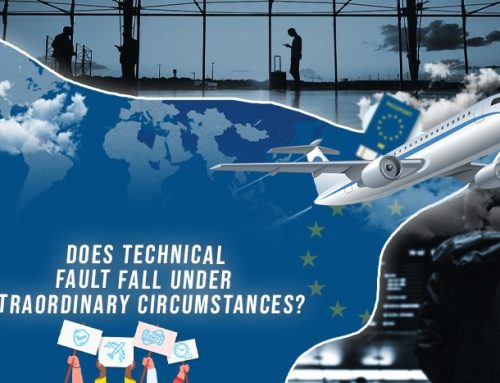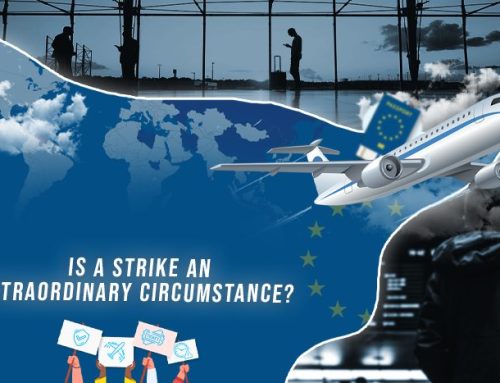In theory, regulations like EC 261, Brazilian ANAC 400, and the Montreal Convention protect passenger rights when their flights are canceled or delayed. They outline clear expectations that airlines must follow to pay out for their inconvenience. However, it’s not always cut and dry.
Airlines are a business, and they want to protect their bottom line. They won’t voluntarily pay you out under these regulations. Instead, you have to contact them after the fact to do so. You’ll submit your documentation to prove your claim, and oftentimes, they’ll reject it – even if you have a viable case!
Getting the compensation you deserve isn’t always easy, and here are some circumstances that airlines can refuse to pay compensation.
Key Takeaways
- Airlines are not required to pay compensation for delays or cancellations caused by extraordinary circumstances, such as strikes or severe weather.
- Passengers are not entitled to compensation if they missed their flight due to personal reasons, such as arriving late to the airport or not having the proper documentation.
- Passengers should gather proof of their delay, cancellation, or denied boarding, work with the airline for alternative accommodations if necessary, and file a claim with customer support to seek compensation.
- Specific regulations governing flight compensation can vary by country or region, so passengers should be aware of their rights and push for the compensation they are entitled to.
- Passengers may consider working with a company that specializes in flight compensation law to increase their chances of receiving compensation.
Extraordinary Circumstances
To be eligible for flight compensation under international law, you must prove that the circumstances were within the airline’s control. That means they could have prevented it from happening or given you at least two weeks’ notice to make other arrangements.
Some examples of extraordinary circumstances include, but are not limited to:
- Airport or air traffic control strikes
- Weather
- Political unrest
If any of these occur, you will not qualify for compensation under EC 261. You can still work with your airline’s customer service to see what they can do. Sometimes, they will offer you vouchers or additional compensation as goodwill gestures; however, they’re not required.
Sometimes airlines will site their delays as extraordinary circumstances even when they were in their control. In those cases, you need to push back for specific reasoning. You have a right to information as it pertains to your flight, even if you have to fight for it.
Personal Situations
If you missed your flight because of issues under your control, the airline is not required to compensate you. This could be because the security line was too long or you had improper documentation. Whatever it is, if it’s your fault, EC 261 does not protect you.
Instead, you’ll have to sort out your issues directly with the airline. In many cases, they will work with you to get you on the next available flight. If this happens, it can be frustrating, but remember to be kind to customer service. It’s not their fault you missed your flight.
What to Do to Seek Compensation ?
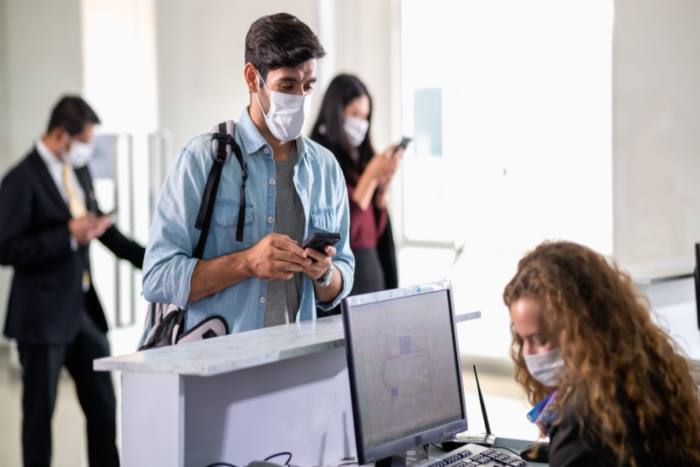
Whether you are seeking compensation for the first time or appealing the airline’s decision, here’s what you need to do to seek the compensation you deserve.
- Gather proof of your delay, cancelation, or denied boarding. Include information about your original departure, the reason for cancelation, and any other pertinent information.
- Work with the airline on alternative accommodations if necessary. Don’t worry about compensation until after you’ve left the airport unless you were denied boarding. Most airlines are required to offer you compensation on the spot if you’re bumped due to overbooking, even when traveling in America, which has more lax passenger rights laws.
- Contact customer support to file a claim. Include which law you’re referencing and all the information you gathered. Be clear that you know your rights under international travel law, and you may even include how much you’re entitled to.
- Wait for an answer and be prepared to file an appeal if you are not initially awarded a settlement.
- Consider working with a company that specializes in flight compensation law. They take a fee off the top of your winnings, but they will be your strongest advocates.
Don’t Give Up!
You know your rights, and if you’re entitled to compensation under EC 261 or any other law, don’t stop until you get it. These regulations protect you and hold airlines accountable for their mistakes.
Frequently Asked Questions
-
What are some examples of extraordinary circumstances that can prevent a passenger from being eligible for flight compensation?
Examples of extraordinary circumstances include airport or air traffic control strikes, severe weather, and political unrest.
-
What happens if a passenger misses their flight due to personal reasons, such as arriving late to the airport?
The airline is not required to compensate the passenger. However, the airline may work with the passenger to get them on the next available flight.
-
What should a passenger do to seek compensation for a flight delay or cancellation?
The passenger should gather proof of the delay or cancellation, work with the airline for alternative accommodations if necessary, and file a claim with customer support.
-
What should a passenger do if their claim for compensation is initially rejected?
The passenger should consider filing an appeal and may even want to work with a company that specializes in flight compensation law.
-
Are specific regulations governing flight compensation the same in every country or region?
No, regulations can vary by country or region, so passengers should be aware of their rights and push for the compensation they are entitled to.
